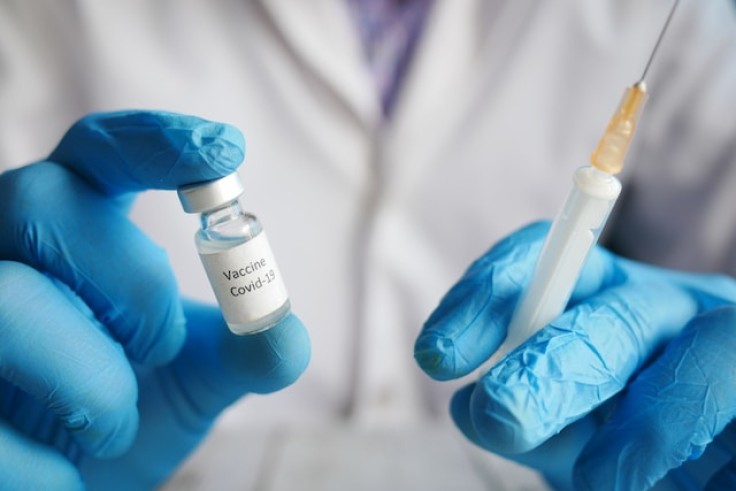
The U.S. healthcare landscape saw a significant milestone this week as the FDA and CDC greenlit a new COVID-19 vaccine for everyone aged 6 months and older. Distinct from its predecessors, this newly formulated vaccine aims to counter the newer variants of the virus currently in circulation. Health experts across the nation are urging immediate uptake, particularly as alarming trends indicate rising COVID-19 transmissions and hospitalizations.
Urgent Response to Soaring Hospitalizations Linked to New Variants
Recent weeks have revealed a troubling increase in COVID-19 cases and hospitalizations, sparking concern among healthcare professionals. Hospitalization rates are almost triple what they were just two months ago. Justin Lessler, an epidemiologist at the University of North Carolina Gillings School of Global Public Health, emphasized the urgent need for vaccination.
"The earlier you get it, the more effective it will be against the strains that are currently active," he said.
Lessler also plays a key role in the COVID-19 Scenario Modeling Hub, an organization that pools data from several teams to create long-term predictive models for COVID-19. According to the hub's forecasts, the current trajectory suggests that weekly hospitalization rates are likely to double by December. Worryingly, this rise is happening more quickly than anticipated, corresponding with scenarios where the virus exhibits a high level of immune escape, meaning it can more easily evade immune responses.
There are a plethora of variants in the U.S. at the moment, making it challenging to combat the virus effectively. The EG.5 lineage is presently the most prevalent, accounting for more than a fifth of all reported cases. This particular variant hasn't been shown to cause more severe symptoms than its predecessors, but it appears to evade immune responses more effectively.
"The situation is twofold: immunity is waning among the population, and the virus is continually evolving. There's really no sensible way to time your vaccination when the risk is omnipresent," Lessler elaborated.
Modeling suggests that a strong uptake of the new vaccine could have a transformative impact on public health outcomes. Lessler stated that robust vaccine distribution could save tens of thousands of lives and prevent hundreds of thousands of hospitalizations in the coming months.
"As we head into the respiratory virus season, with most Americans still lacking vaccine-induced protection, the new vaccine becomes increasingly vital," he noted.
Read Also : 'Ineffective' FluMist Vaccine Blamed by Utah Parents For Daughter's Death Due to Influenza
New Guidelines and Timing Considerations for Vaccination
Presently, only about one in six Americans has received the updated bivalent booster shot, making the majority susceptible to the newer strains. While people who have recently been infected with the virus might have some natural immunity, the best course of action is still to get vaccinated.
"The official guidelines are to wait two months after receiving your last booster and three months after a recent COVID infection before opting for the new vaccine," said Dr. Jeffrey Duchin, public health officer for Seattle and King County.
Duchin added that several individual factors could play a role in determining when to get vaccinated, such as one's risk profile and likelihood of being in high-risk settings. Another voice in the medical community, Dr. Tochi Iroku-Malize, a family physician in New York, stressed the urgency, saying,
"The virus won't wait for you to get your shot. So it's imperative to act now."
Health experts universally agree: With a new, more effective vaccine available and the rate of hospitalizations surging, there's no time to waste. The collective recommendation is to schedule your vaccination as swiftly as possible to mitigate the risk of unforeseen barriers or complications delaying the process.
As the virus continues to evolve at a rapid pace, the importance of staying ahead with vaccination cannot be overstated. In these trying times, immediate action is not just a personal safeguard; it's a community imperative.
Related Article : Doctor Accused of Giving Fake Vaccine Shots to Kids at Parents' Requests